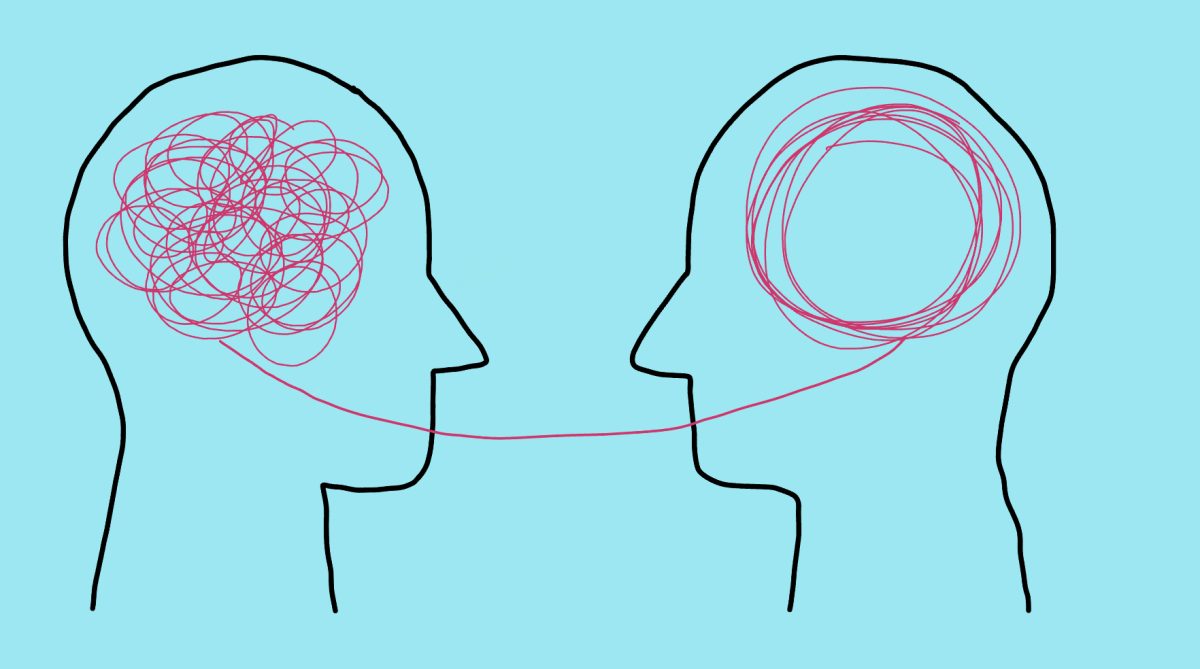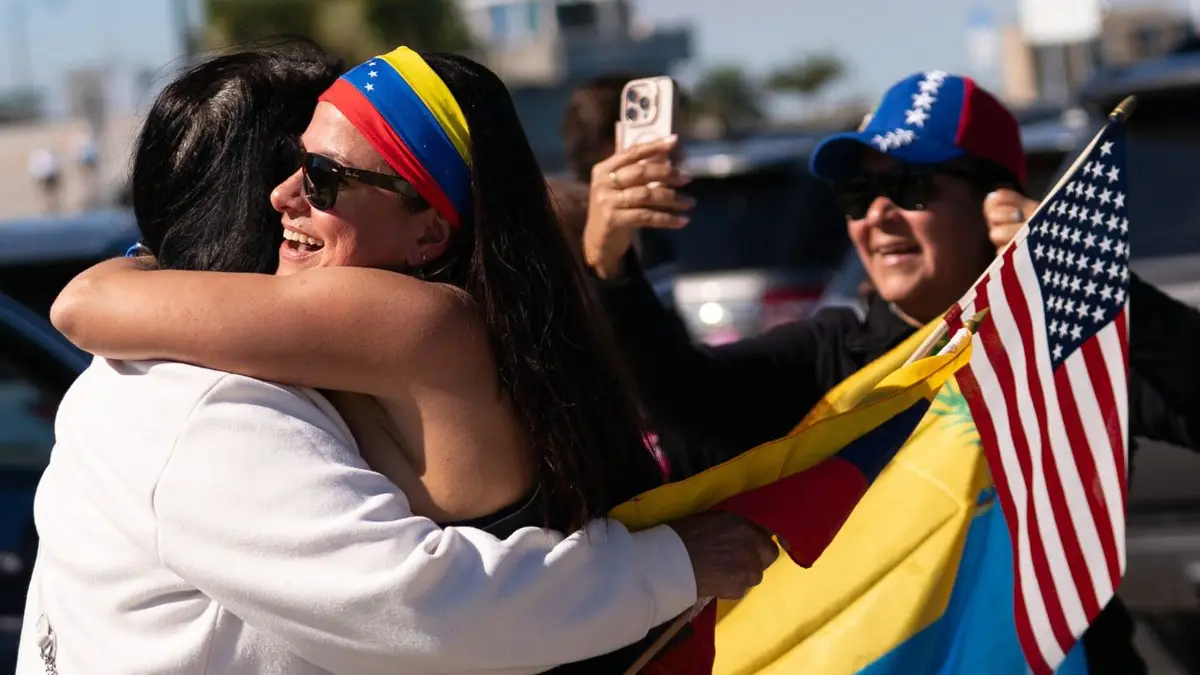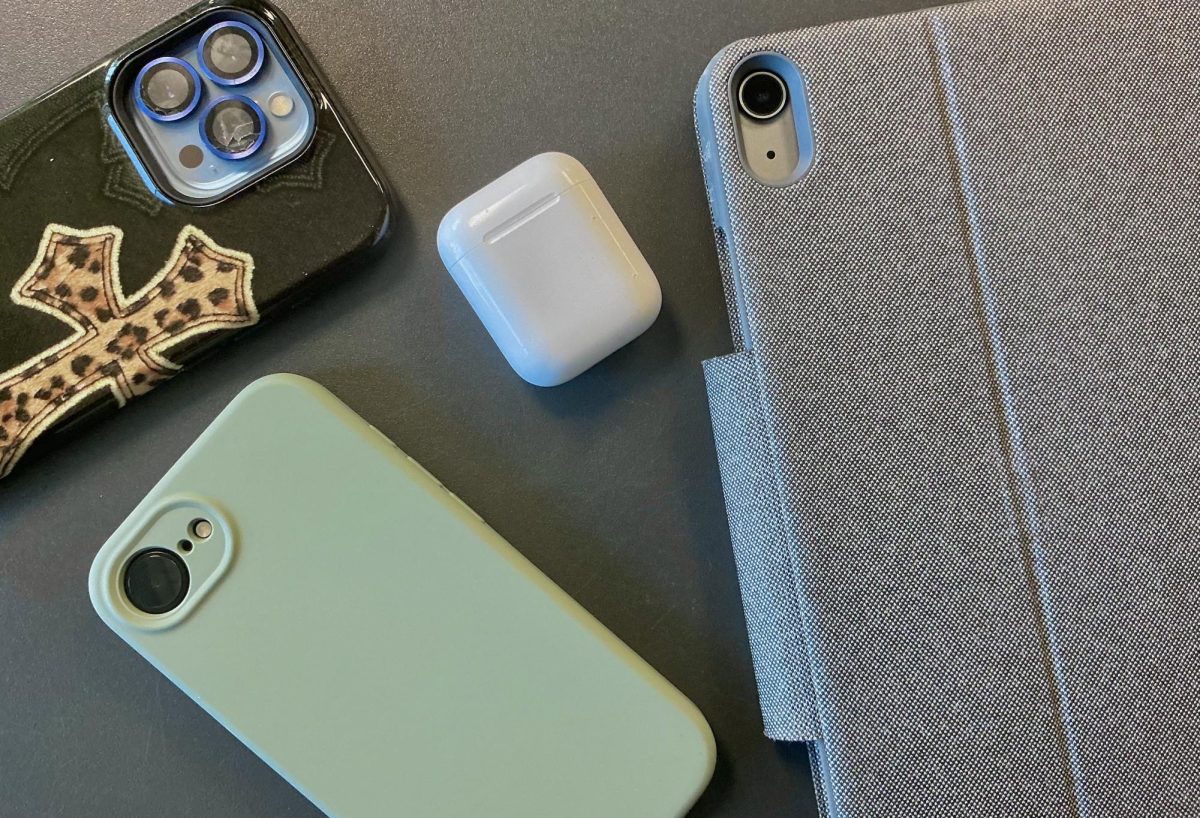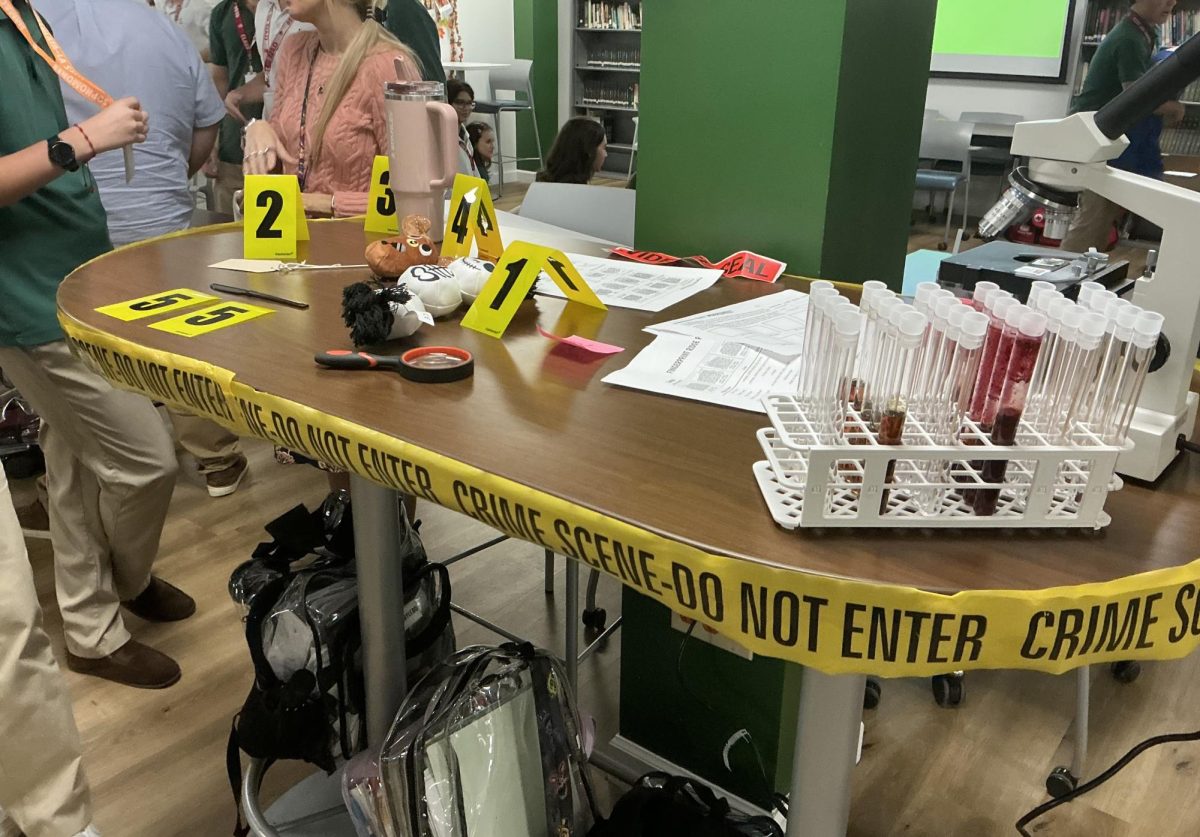Doomscrolling
You open your phone and scroll through Instagram. You turn on the TV to watch the news. You talk to your friends in the hallway between classes. I’m sure at one point or another, all of these moments have involved hearing about someone else’s pain—abuse, a suicide, a violent crime, a mental health struggle.
But somewhere between the headlines and the gossip, that pain starts to feel like background noise. We see it, we hear it, we definitely talk about it, but do we feel it? As tragedies become more frequent and more public, our reactions grow colder, more detached, and even cruel. I think to myself: In a world where we’re constantly connected, are we forgetting how to care?
Where is the Empathy?
Empathy is defined as “the ability to emotionally understand what other people feel, see things from their point of view, and imagine yourself in their place. Essentially, it is putting yourself in someone else’s position and feeling what they are feeling.” (Verywellmind.com).
When I think of empathy, I refer back to a common saying: “Walk a mile in someone else’s shoes.” Empathy permits us to understand the emotions that others are feeling. So, how come we are losing this ability? The answer is not simple, in fact, it is a combination of many factors, some out of our control, that have contributed to this widespread lack of empathy “pandemic.”
Overexposure
Constant exposure to trauma online is a huge element. It may be numbing us instead of opening our eyes. Social media fosters instant judgment and detachment. People want to be funny or opinionated, and hide their harsh words behind the mask of being “real” or “saying what everyone is thinking.” But im going to share with you something life has taught me: not everything needs an opinion, and more often than not, we still think we are entitled to have one.
“I feel like I have trauma fatigue. I’m always seeing tragedies on social media and it’s a lot to take in at once,” expressed senior Brecelis Valdes.
Trauma Fatigue
This fatigue is very real. With constant reminders of the pain that exists in our world, we being to grow numb. There is a pattern of detachment and blame culture, which can directly be attributed to the media.
When asked the question, “Do you feel that in your generation you notice that there is a significant lack of empathy?”, senior Ashley Garzon responded, “Yes, definitely. I feel like people pretend to be empathetic, but i’s fake. I see this, ‘I’m trying to show off that I am a good person’ facade now instead of actually wanting to do good. It’s more for the title than for the actual deed.”
I asked, “Do you think that can be dedicated to social media culture or influencer culture?” Ashley responded, “You often see those videos that are like ‘making 100 plates of food for kids in need’ and then they film themselves doing it. I think to myself that it is for a good cause, but why are you monetizing off of it? And then they tell you to interact with the post so they can continue doing this, but at the same time what are they even accomplishing?”
Performative Kindness
But sometimes, the problem isn’t just performative kindness, it’s the absence of any kindness at all, especially when the person suffering doesn’t look or act the way we think they should. Many times, people withdraw empathy from those who are different or don’t fit their idea of the “perfect victim.”
Senior Mila Polidori Nicolau expands on this.
“There are many cases where it is so easy to blame the victim because maybe you don’t agree with who they are or their past, so you withdraw compassion because offering it would make you look weird. You recognize, yes, they suffered, but they also did this other thing. Let’s say a person is emo (overly sensitive), for example. There are people who insult them, even if they have suffered, because of how they dress or how they act. But two things can be true at once- maybe they are weird to you and they don’t follow social norms but they are still a victim and they still went through their experience,” she explained.
Solutions
Fixing this doesn’t require a massive shift in the world; it starts with fixing ourselves. It starts with holding back that first judgmental thought and putting into perspective what the person suffering might be experiencing. It means not laughing at someone just because their struggle doesn’t look like ours, and not needing peer pressure to remind us to care, or to guide our values. It’s learning to sit with discomfort instead of pushing it away. Most importantly, it’s about choosing empathy even when it’s inconvenient, awkward, or quiet. Maybe the problem isn’t that empathy is gone, it’s just hiding behind fear or pride.
Maya Angelou once said, “I think we all have empathy. We may not have enough courage to display it.”
Empathy isn’t about agreeing with someone’s choices or relating to their pain perfectly. It’s about recognizing their humanity, even when it’s uncomfortable. We don’t get to pick and choose who deserves compassion. In a generation so connected, aware, and exposed to the world’s suffering, the real challenge seems to lie in staying kind.
What would happen if instead of scrolling past pain, we paused long enough to care?









